Shiba Inu Behavior Problems: Helps & Guide
Shiba Inus, with their charming fox-like appearance, are beloved pets. But occasionally, these energetic dogs might display behavioral issues that leave owners baffled.. Understanding and addressing Shiba Inu behavior problems is essential for a harmonious relationship. From occasional stubbornness to potential aggression and separation anxiety, this guide aims to shed light on common issues and provide practical solutions.
By exploring the root causes, effective training techniques, and preventive measures, owners can foster a positive environment for their Shiba Inus and ensure a happy, well-behaved companion. Let’s dive into the world of Shiba Inu behavior with simplicity and actionable insights.

Common Shiba Inu Behavior Problems
Aggression: Unveiling the Shiba Inu’s Protective Instincts
Shiba Inus are renowned for their loyalty, on sometimes this devotion might be misinterpreted as hostility, particularly toward other dogs or people. Resource guarding is another typical behavior problem in which a Shiba Inu ferociously defends its belongings. Understanding the root causes behind this aggression is key to addressing and managing it effectively.
Destructive Behavior: Navigating the Chewed Shoes and Digged Gardens
Chewing furniture, digging up the garden, and excessive barking can become frustrating habits for Shiba Inu owners. These behaviors often stem from a combination of boredom, excess energy, and a natural inclination to explore their surroundings. Discovering ways to redirect this energy and provide suitable outlets for their instincts is essential in curbing destructive tendencies.
Separation Anxiety: Unraveling the Emotional Bond
Strong emotional ties between Shiba Inus and their owners can occasionally result in separation anxiety when the dog is left alone. Recognizing the signs of distress and implementing strategies to ease their anxiety is vital for their well-being. From gradual departures to interactive toys, various approaches can help Shiba Inus cope with being apart from their favorite humans.
Stubbornness: Navigating Independence in Training
Shiba Inus are known for their independent nature, making training sessions a unique challenge. This stubborn streak can be attributed to their heritage as hunting dogs. However, positive reinforcement techniques, consistency, and patience can turn training into an enjoyable experience for both Shiba Inu and owner, fostering a responsive and well-behaved companion.
Understanding the Root Causes
1. Early Days Matter:
Proper socialization during puppyhood is crucial. Without exposure to different people, animals, and environments, Shibas can become fearful or anxious, leading to behaviors like barking or aggression.
2. Independent Spirits:
Remember, these pups were bred for hunting! Their independent streak means they need clear boundaries and consistent training. Think of it as a partnership, not a master-servant relationship.
3. Energy Overload:
A bored Shiba is a destructive Shiba. Their high energy levels need an outlet, whether it’s daily walks, engaging playtime, or even fun training sessions. Remember, a tired Shiba is a happy Shiba!
4. Communication is Key:
Shibas express themselves differently. Barking isn’t just noise; it could be boredom, excitement, or even a cry for attention. Learn their “language” to understand what they’re trying to tell you.
5. Respecting Boundaries:
Shibas value their personal space. Pushing them too hard can trigger growling or snapping. Let them approach on their terms and build trust by respecting their boundaries.
6. Health Matters:
Sometimes, unexpected behaviors can be signs of underlying health issues. If you notice a sudden change in your Shiba’s behavior, consult your veterinarian to rule out any medical problems.
Training Techniques for Shiba Inus
Positive Reinforcement: Rewarding Good Behavior
Utilizing positive reinforcement is a highly effective training technique for Shiba Inus. This involves rewarding desirable behaviors with treats, praise, or toys, reinforcing the connection between the action and a positive outcome. Shiba Inus respond well to positive reinforcement, creating a positive association with good behavior and encouraging them to repeat it.
Consistency and Patience: Building Habits Through Routine
Consistency and patience are key components of successful Shiba Inu training. Establishing clear routines for feeding, walks, and playtime helps them understand expectations. Shiba Inus, with their independent nature, may take time to grasp commands, so patience is crucial. Maintaining a calm and consistent training environment builds trust and facilitates learning.
Professional Training Assistance: Seeking Guidance for Complex Behaviors
For challenging behavior problems or if an owner feels overwhelmed, seeking professional training assistance is a viable option. Professional dog trainers can provide specialized guidance, addressing specific issues and tailoring training programs to the individual Shiba Inu.
Preventive Measures
Puppy Primer:
- Early Socialization: From the get-go, introduce your Shiba pup to a variety of people, animals, and environments. This builds confidence and reduces the risk of anxiety-driven behaviors like barking or aggression.
- Routine Reigns: Shibas thrive on consistency. Establish a regular schedule for meals, walks, and playtime. Predictability reduces stress and prevents boredom, which can lead to destructive tendencies.
- Mental Marathoners: Exercise their brains, not just their paws! Interactive toys, puzzle feeders, and training sessions keep them mentally stimulated and channel their energy productively.
Tireless Troopers:
- Exercise Extravaganza: Channel their boundless energy! Daily walks, runs, hikes, or even dog sports like agility are essential. A tired Shiba is a happy Shiba, less likely to resort to naughty behaviors.
- Chew Crew Control: Provide plenty of appropriate chew toys made from different materials to satisfy their natural gnawing instincts. Rotate the toys regularly to keep them exciting, and redirect chewing to these dedicated outlets.
- Dig Dynasty Diversion: If your backyard looks like a battlefield, create designated digging zones filled with sand or dirt. Make them more enticing than your flowerbeds, and gradually train them to stick to these approved spots.
Also Read: Shiba Inu Aggressive Towards Humans: Helps & Guide
Brief
Understanding and addressing behavior problems in Shiba Inus is key to a happy pet-owner relationship. By recognizing the unique traits of these spirited dogs and tackling issues like aggression and separation anxiety with patience and positive reinforcement, owners can foster a harmonious bond. Early socialization, consistent routines, and preventive measures, such as regular exercise, contribute to a well-behaved companion.
Remember, seeking professional guidance when needed ensures a collaborative approach to problem-solving. Embracing responsible ownership and investing time in training not only prevents issues but also strengthens the connection with your Shiba Inu, creating a fulfilling and joyful companionship.



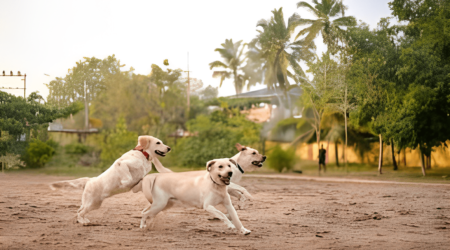
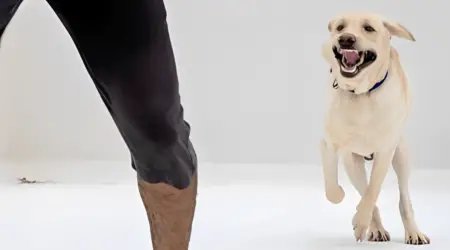
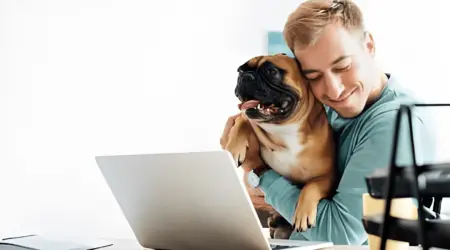

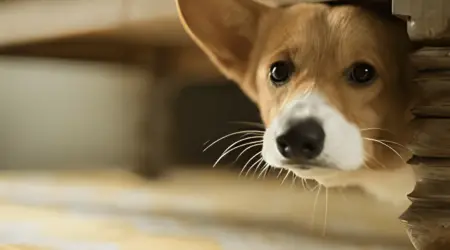
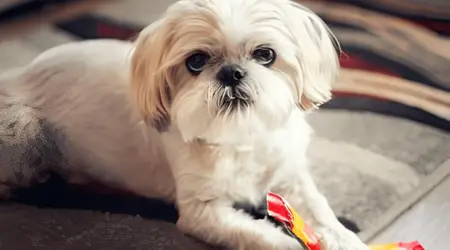

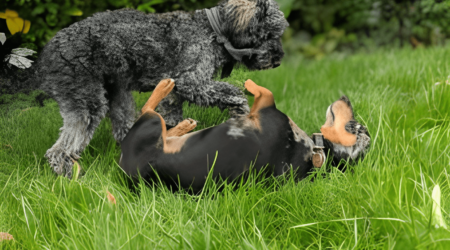

Leave a Reply